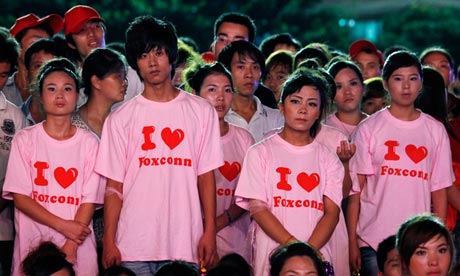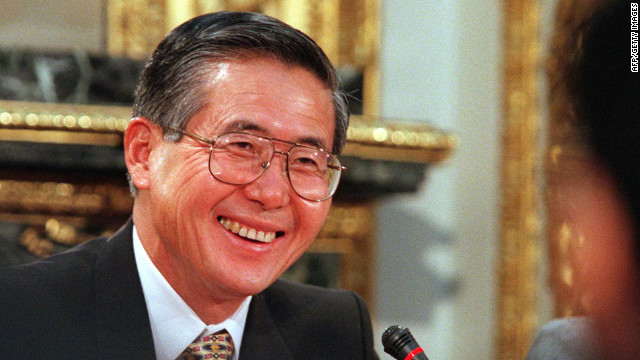By Ali Al-Bassam
Impunity Watch Reporter, Middle East
DAMASCUS, Syria — On Wednesday, Joint UN-Arab League envoy Lakhdar Brahimi called on pro-Assad forces and rebel fighters to arrange for a ceasefire next week, in recognition of the Islamic holiday of Eid Al-Adha, the day that marks the climax of the annual Muslim pilgrimage to Mecca. Brahimi believes that doing so would constitute a “microscopic step that would alleviate Syrian sorrow temporarily and provide the basis for a longer truce.”
After admitting that solving the Syrian crisis is “a very, very difficult” process, Brahimi stated his belief that a ceasefire would have a small possibility of leading to permanent peace. Rebel representatives assured him that they will recognize one if the government takes the first step.
“The Syrian people, on both sides, are burying some 100 people a day,” he told assembled press after he finished speaking with Lebanese officials in Beirut. “Can we not ask that this toll falls for this holiday? This will not be a happy holiday for the Syrians, but we should at least strive to make it less sad.”
Recent history shows that complications usually arise between the Syrian army and rebels in negotiating a short-term ceasefire. Both sides have blatantly disregarded past truces to which they had verbally committed. Syria has dismissed the current plan, saying that rebel forces lack the unified leadership necessary to sign the armistice.
Brahimi also mentioned that the Syrian conflict has the potential of spilling into the rest of Middle East, potentially setting off a massive powder keg of chaos.
“This crisis cannot remain confined within Syrian territory,” he said on Wednesday. “Either it is solved, or it gets worse…and sets [the region] ablaze.”
Fears of a broader conflict stem from the fact that the Syrian conflict is a sectarian one, pitting Sunnis against Shi’ites.
German Foreign Minister Guido Westerwelle, who was in Istanbul on Sunday for talks with Turkish leaders, warned that “the danger of a massive spillover is on the rise. And that it is in nobody’s interest, including Russia’s.”
On Tuesday, Nabil El-Arabi, chief of the Arab League, gave his support to Brahimi’s truce proposal and asked for international support. Turkey and Iran also voiced their support for the proposal. Turkish Foreign Minister Ahmet Davutolgu said that while Turkey supports a ceasefire, his country is skeptical about whether it would last without an international force in place to maintain it.
In a comment to a Turkish news agency, Davutolgu said “A ceasefire can be declared, but the international community would need to take certain measures for its sustainability.”
For further information, please see:
Al Jazeera — UN Envoy Warns of Syria Crisis Spillover — 17 October 2012
CBS News — UN Syria Envoy Calls on Assad to Start Truce — 17 October 2012
Reuters — Syria Envoy says Bloodshed Could Engulf Middle East — 17 October 2012
Khaleej Times — UN Envoy Urges Syria Truce as Conflict Enters 20th Month — 15 October 2012

